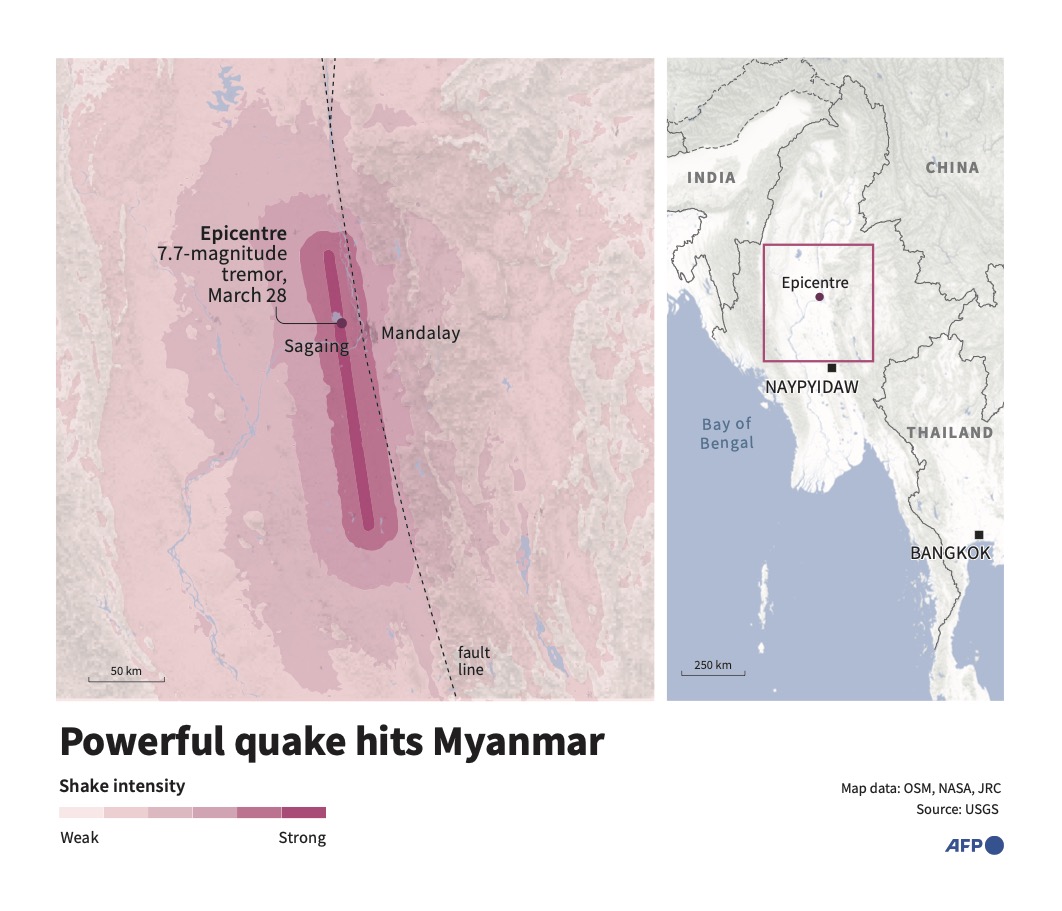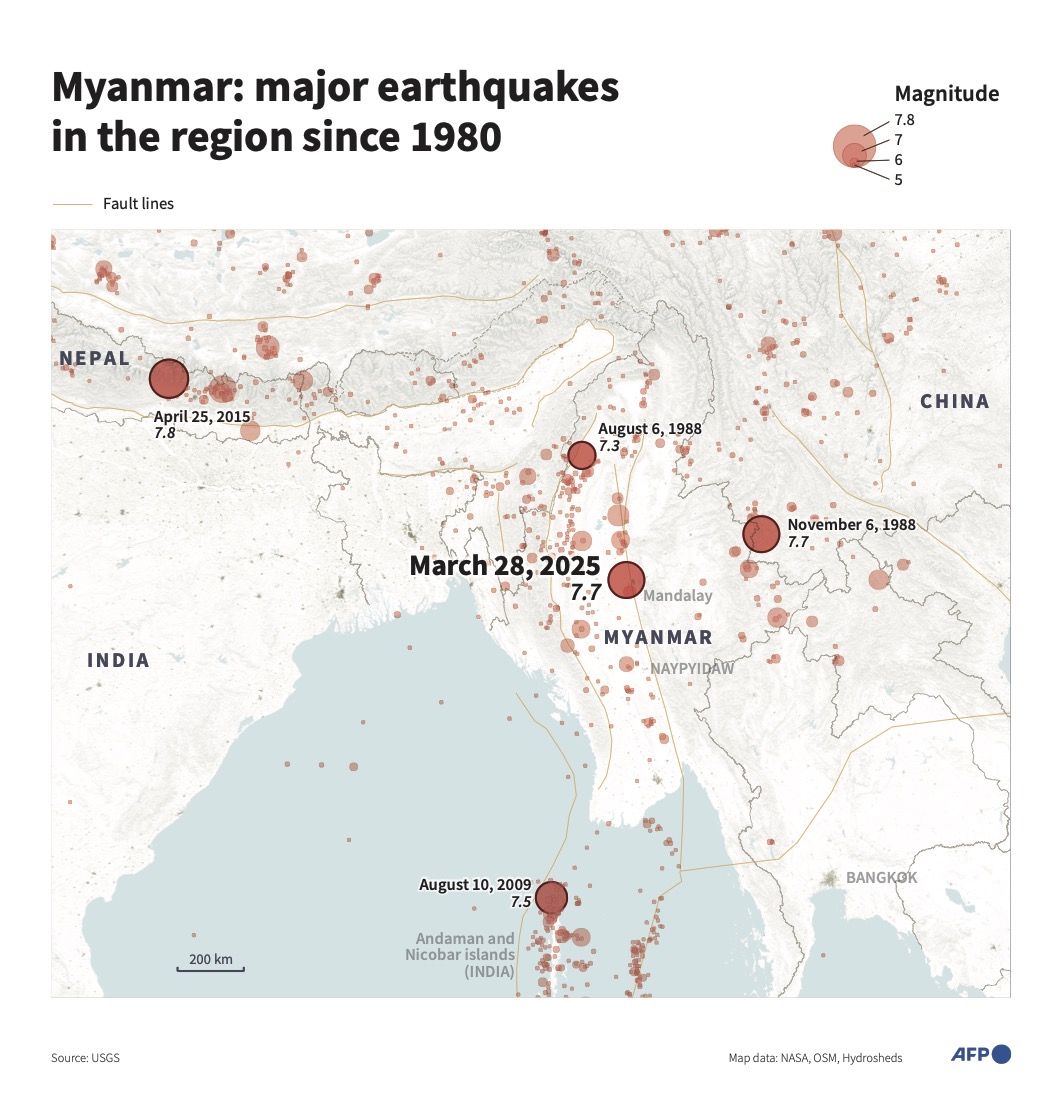NEW DELHI: Crowds of Indian doctors dressed in white coats came as if ready for work on Saturday but instead stood outside hospitals demanding justice after the rape and murder of a colleague.
“We just want to be safe while we are doing our duty,” said Sapna Rani, a 27-year-old woman doctor in the capital New Delhi who took part in a 24-hour nationwide strike by medics.
“The hospital is the last place where we should have to worry about our safety.”
The killing of the 31-year-old doctor, whose bloodied body was discovered on August 9 at a state-run hospital in the eastern city of Kolkata, has focused rage at the chronic issue of violence against women.
At Delhi’s Ram Manohar Lohia public hospital, usually one of the capital’s busiest, Rani said the “doctor-to-patient” ratio was so abysmal that shifts often lasted 36 hours.
“And after that, there is no proper place to rest,” she said, describing how doctors took breaks in “wheelchairs and stretchers.”
The murdered doctor in Kolkata was found in the teaching hospital’s seminar hall, suggesting she had gone there for a break during a 36-hour-long shift.
Hospital security staff say that they regularly witness violent behavior by angry patients and relatives who would run out of patience, waiting for hours in long queues in the heat.
“Just the other day, an angry relative of a patient slapped a female guard,” said Gopal Bisht, a security supervisor at Delhi’s Lady Hardinge Hospital.
The usual busy hubbub of patients was replaced by protest chants on Saturday.
Women doctors held up placards outside hospitals, chanting slogans demanding justice. Male colleagues joined in.
The gruesome nature of the attack has invoked comparisons with the horrific 2012 gang rape and murder of a young woman on a Delhi bus.
It has sparked widespread outrage in a country where sexual violence against women is endemic.
An average of nearly 90 rapes a day were reported in 2022 in the country of 1.4 billion people.
The wider public has also marched in several cities this week, including at a candlelight midnight rally in Kolkata.
Doctors say the protests are also to highlight “systemic issues” plaguing India’s overstretched public health care infrastructure.
Such issues, the protesting doctors said, compromise the “safety and security of health care workers.”
Doctors working in public institutions say that violence against health care workers has become so commonplace that people have become “desensitised” to it.
“What happened in Kolkata was not a one-off incident,” said Pankhuri Sharma, 24, a doctor-in-training at a state-run hospital in Delhi.
“Violence and molestation is an everyday affair,” she said.
Her senior, 27-year-old gynaecologist Akanksha Tyagi, said it was “deplorable” that “it took the life of a doctor” for people to take notice.
Furious Indian doctors mourn the rape and murder of a colleague
https://arab.news/cqj89
Furious Indian doctors mourn the rape and murder of a colleague

- “We just want to be safe while we are doing our duty,” said a 27-year-old woman doctor
- The killing of the 31-year-old doctor has focused rage at the chronic issue of violence against women























